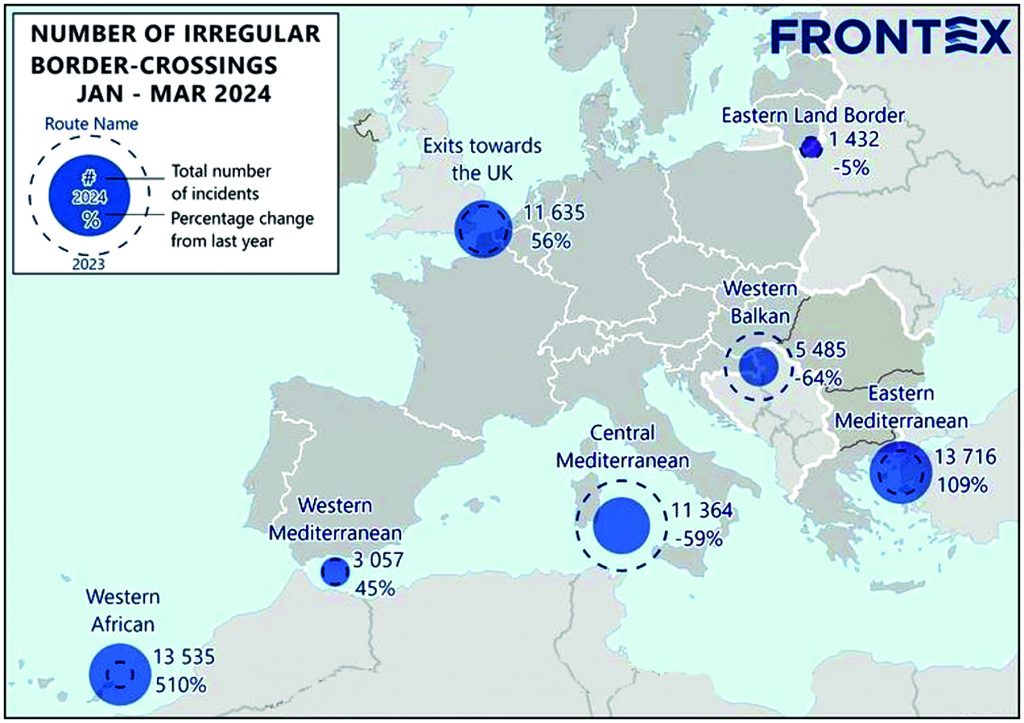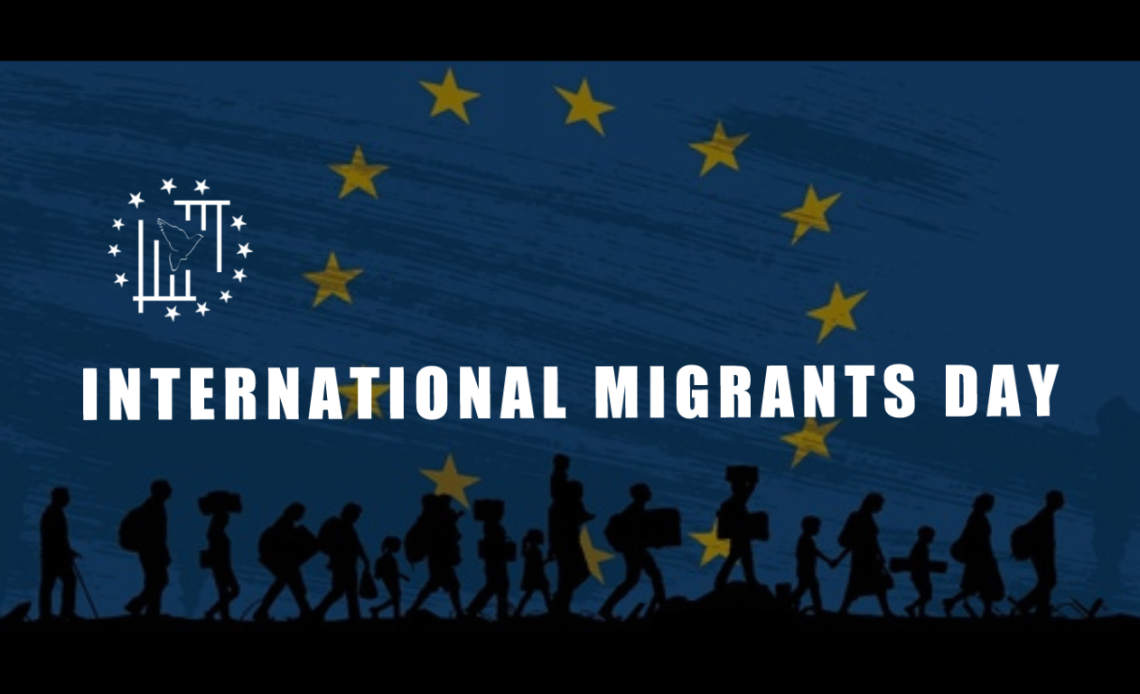The European Union has recently intensified efforts to counter the instrumentalization of migrants by Belarus and Russia, which, according to European authorities, are using people on the move as a kind of “political weapon” to destabilize Eastern European countries and undermine the cohesion of the European Union. Tensions at the EU’s borders, particularly at the Polish-Belarusian border, have increased significantly, with irregular arrivals in 2024 rising by 66% compared to the previous year. Around 90% of migrants illegally crossing the Polish-Belarusian border hold a Russian student or tourist visa, further highlighting Russia’s involvement in the migration crisis.
Belarus, under the leadership of President Lukashenko, and Russia, led by Vladimir Putin, are accused of orchestrating this crisis by facilitating migration flows to the EU in order to use migrants as a tool of geopolitical pressure. In response, the European Commission has taken a series of measures, including a funding package, announced on December 11, of 170 million euros aimed at strengthening electronic surveillance and defense capabilities for the most affected countries, such as Poland, Finland, and Lithuania. These funds are intended to improve surveillance equipment, telecommunications networks, and the mobility of border patrols to protect the Union’s territorial integrity and halt the use of migration as a “weapon” by authoritarian regimes.
However, these measures raise important questions about human rights, as while the EU acknowledges the need to protect its borders, it must also ensure that the fundamental rights of those involved in this crisis are not violated. Nevertheless, Brussels has outlined the conditions for the adoption of measures, recognizing that they could interfere severely with fundamental rights, although the Commission has stated that such measures must be “proportionate, limited to what is strictly necessary in clearly defined cases, and temporary.”

The right to asylum, a fundamental principle of the European Union, is also being questioned by pushback policies implemented by countries like Poland, which has temporarily suspended the right to asylum to counter what it defines as “hybrid destabilization.” Allegations of illegal and violent pushbacks by Polish law enforcement, documented by Human Rights Watch, describe migrants being forced to return to Belarus, where they risk abuse by local authorities. Testimonies speak of torture, humiliation, theft, and physical violence, within a broader context of systematic human rights violations.
In this context, the true victims are the migrants, instrumentalized by foreign powers and trapped in a hybrid war where they are treated as pawns. While the EU has taken financial action to strengthen border security, it is crucial that every intervention respects fundamental rights and does not lead to human rights violations. As European Commission President Ursula von der Leyen has stated, Europe must protect its fundamental values and ensure that autocracies cannot use them against the Union.
The central issue remains that, while the European Union is called upon to defend its borders and security, it must not forget that the people involved in this crisis are not enemies, but victims of a larger situation beyond their control. Every security intervention must also consider respect for fundamental rights, especially the right to asylum, and ensure that injustices are not perpetuated against those who have already fled from conflict and repression.

